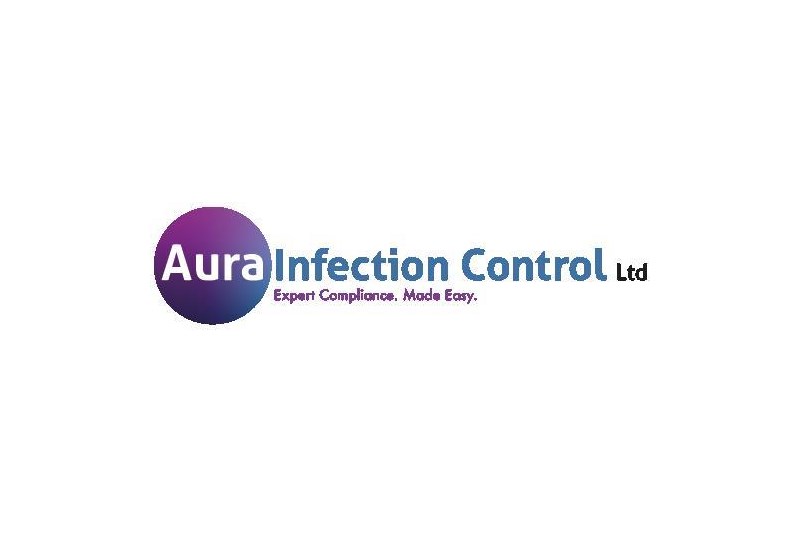Hands up for a hygiene competition
Published: 02/04/2019
World Hand Hygiene Day is an annual event that aims to raise awareness about the importance of proper handwashing to prevent the spread of illness and infections.
The day, which is organised by the World Health Organisation (WHO), takes place on 5 May. According to WHO, every year, hundreds of millions of patients around the world suffer avoidable by health care-associated infections.
Shockingly, more than half of these infections could be prevented by caregivers if they properly cleaned their hands at key moments in patient care.
A survey of 100,000 people, conducted a couple of years ago, found that one in four people in the UK fail to wash their hands after using the bathroom. Even worse, of those who do wash their hands, more than 90% aren’t failing to do so correctly.
Outstanding hand hygiene is a vital part of preventing infection in clinical practice. It’s also why dental practices have a duty of care to ensure it is managed in accordance with current guidelines.
Health Technical Memorandum 01-05 says: ‘Hand hygiene is crucial in preventing the spread of infection and the recontamination of surgical instruments and devices. Clean hands are an essential counterpart to the use of gloves. Neither measure is a substitute for the other.
‘As part of essential quality requirements, training in hand hygiene should be part of staff induction and be provided to all relevant staff within dental practices periodically throughout the year.’
Laura Edgar is managing director of infection control sepcialists, Aura. She says: ‘Hand Hygiene is the central pillar in infection control practice as it provides protection against the transmission of pathogens and protects the welfare of our staff and patients.
‘Good hand cleanliness practices are critical to breaking the chain of transmission and hi-jacking the “vehicle” the pathogen was planning on using to get to a new host.’
Although HTM 01-05 Section 6 makes clear the importance of hand hygiene – and places a requirement upon practices to have in place an effective policy, along with annual training – Laura says some practices could still do better.
The CQC wants to see separate sinks for hand washing, clear signage over sinks showing best practice, use of gloves, hand washing taking place at all key stages of treatment, disposable liquid soap in touch-free dispensers (bars of soap, nail brushes and alcohol-impregnated wipes are not permitted), access to paper towels, hand cream dispensers filled with fit-for-purpose water-based hand cream, evidence of hand hygiene training.
Practices must also have the correct paperwork including a hand washing policy, as part of your infection control policy, which details the practice protocols; evidence of a hand hygiene audit with results, remedial actions or changes if required; and evidence of training having taken place in the practice with all staff members covered.
Aura recently launched the UK’s first dental hygiene course to teach students the best industry-standard methods of cross-infection control.
The two-day course teaches dental professionals the most effective cross-contamination control processes and how they should be implemented. Everything from cleaning and disinfecting dental unit waterlines to ensure compliance to HTM01-05, to instrument inspection, cleaning and transportation is covered in exacting detail.
As Laura says: ‘Legislators have rightly placed a statutory and legal duty on all NHS organisations to manage, mitigate and control the risk of infection – but, most of all, dental practices owe it to their patients to take every precaution.’
• Infection Prevention & Control team awards
Aura Infection Control, based in Barnard Castle, County Durham, recently launched the dental sector’s Infection Prevention & Control team awards in partnership with Dental Nursing, The Dentist and Dental Update.
The winners receive a £5k iClave + from NSK, travel expenses for team members to BDIA, NEC Birmingham, trophy and certificate. Plus, one place on the ILM Dental Decontamination Level 3 Qualification with Aura Infection Control and one year’s subscription to the Alpron Compliance Club with a Gold subscription, which includes a year’s supply of Alpron, samplers for auditing DUWL and BC San for cleaning water bottles.
Registration for the Aura Infection Prevention & Control Team of 2019 awards could not be simpler. Just email your practice name and address along with your name and telephone number to IPC@qwsonline.co.uk and Aura will send you a short questionnaire to complete or visit https://georgewarman.wufoo.com/forms/zbwd33w01kxbj... to apply online.
Author: Julie Bissett









.jpg?width=150&height=100&scale=canvas)



